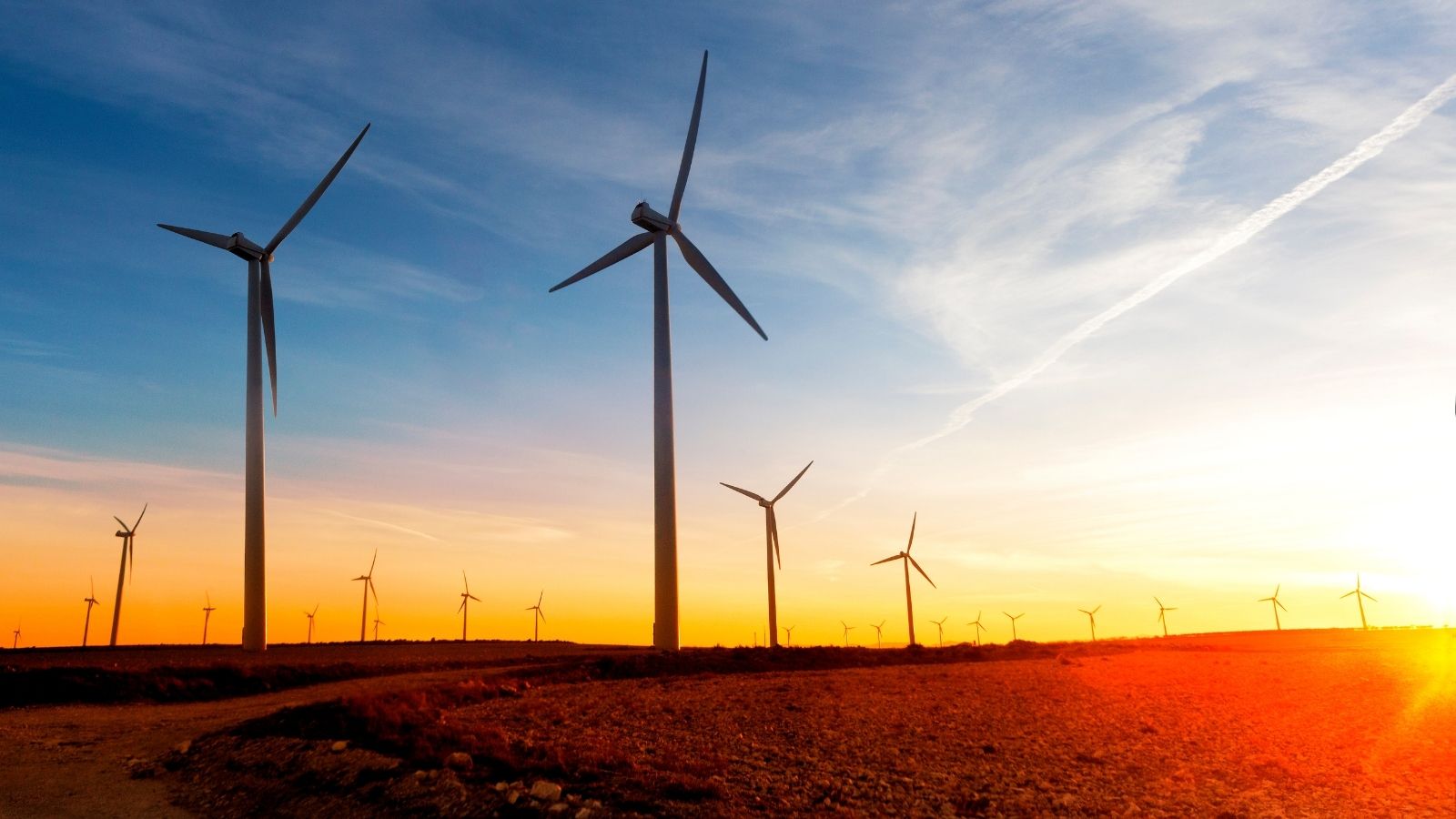Startup Promises Window-Mounted Heat Pump by 2022
A San Francisco startup says it will introduce a window-mounted heat pump next year that will provide both heating and cooling at a lower cost than professionally installed systems.
The device is shaped like a pair of saddlebags, with the evaporator and fan on the inside below the level of the window sill and the compressor on the outside of the building. The design keeps the noisy part of the system outdoors and blocks less of the window than conventional window AC units.
Fast Company posted an article about the Gradient late last month, claiming that when used for both heating and cooling the device can reduce the carbon footprint of HVAC by 75%. “As the grid shifts to renewable energy, that footprint could essentially be eliminated completely,” the article says, “so turning on the AC doesn’t have the ironic effect of making future heat waves more likely through global warming.”
The company has a website, but there is virtually no information about the heat pump posted there, and efforts to learn more directly from the company didn’t turn up much. Gradient says the unit will run on a 120-volt circuit and will use an inverter so it can adjust its heating and cooling output, much like minisplit systems do now. The heating and cooling capacities are unknown.
Replying to a list of written questions, the PR agency for the company said in an email that specifications for the device would be released soon and that it would be commercially available before next summer.
“We aren’t announcing the price yet,” the agency said. “Gradient will have the efficiency and power of professionally installed products with similar features at a fraction of the price of those units.”
Gradient said it expected the unit would lower carbon emissions by 75% when compared to “today’s systems,” although it didn’t provide details on how that calculation was made.

“This is based on using more environmentally friendly refrigerants, being more efficient, and displacing fossil fuel heating with electric heat pump heating,” the statement said. “Our end goal is a fully decarbonized heating and cooling system.”
The company didn’t say which refrigerant the device will use, nor did it say how its efficiency ratings would compare with heat pumps and window AC units currently on the market.
Fast Company reported that Gradient grew out of Otherlab, a research company that studies energy use and helps design new products. Vince Romanin, Gradient’s CEO, told Fast Company that lowering carbon emissions is a key goal. “We realized that air conditioning is an important public health need,” he said. “And we realized that we’re in kind of a vicious cycle where today’s systems are really high in carbon emissions and growing in use. It doesn’t have to be this way. Technology exists to make heating and cooling systems that don’t have high carbon emissions.”
In an apparent reference to ductless minisplits, Romanin said more efficient air conditioners already exist but are too expensive for many people to afford.
Others share U-shaped design
The U-shaped design of the Gradient is unusual but not unique. Fast Company’s article attracted the attention of several GBA readers, including Giles Winden, who posted a link to the article in the Q&A Forum. That prompted Sean Cotter to point out that the Gradient heat pump shares its design with an AC unit made by Midea.
Media’s website lists a U-shaped window AC unit that also separates the fan from the noisy compressor. Its shape allows the window to be opened while the unit is installed, but unlike the Gradient the Midea air conditioner sits on the window sill, not below it. The unit has a rated capacity of 8000, 10,000 or 12,000 Btu, but it does not provide space heating. The 10,000 Btu unit lists for $399.
Soleus Air also makes a window AC unit that hangs from the window sill. Its 8000 Btu saddle model sells for $570 on Amazon.
Several posters offered comments on the Media and Soleus models and said they had signed up with Gradient in hopes of becoming beta testers for its new heat pump.
AC efficiency is a big deal
Air conditioners that use less electricity and run on refrigerants with a lower global warming potential would help mitigate a growing global energy problem. In a 2018 report, the International Energy Agency said increased AC use would be one of the top drivers of global electricity demand over the next three decades as the number of AC units surges. Energy use from air conditioners is expected to triple by 2050.
“Growing electricity demand for air conditioning is one of the most critical blind spots in today’s energy debate,” IEA Executive Director Dr. Fatih Birol said.
In response to growing demand for air conditioning, the Indian government along with the international organization Mission Innovation and the Rocky Mountain Institute launched the “Global Cooling Prize” to encourage the development of more energy efficient designs.
Earlier this year, two winners were announced: Gree Electric Appliances, with its partner Tsinghua University; and Daikin and partner Nikken Sekkei Ltd. According to the announcement, these companies have developed prototypes with five times less climate impact than standard AC units now on the market. The units should be on the market by 2025 and have the potential to mitigate global warming by 0.5°C.
Scott Gibson is a contributing writer at Green Building Advisor and Fine Homebuilding magazine.
Startup Promises Window-Mounted Heat Pump by 2022 was originally written by Scoot Gibson and published at Green Building Advisor.








